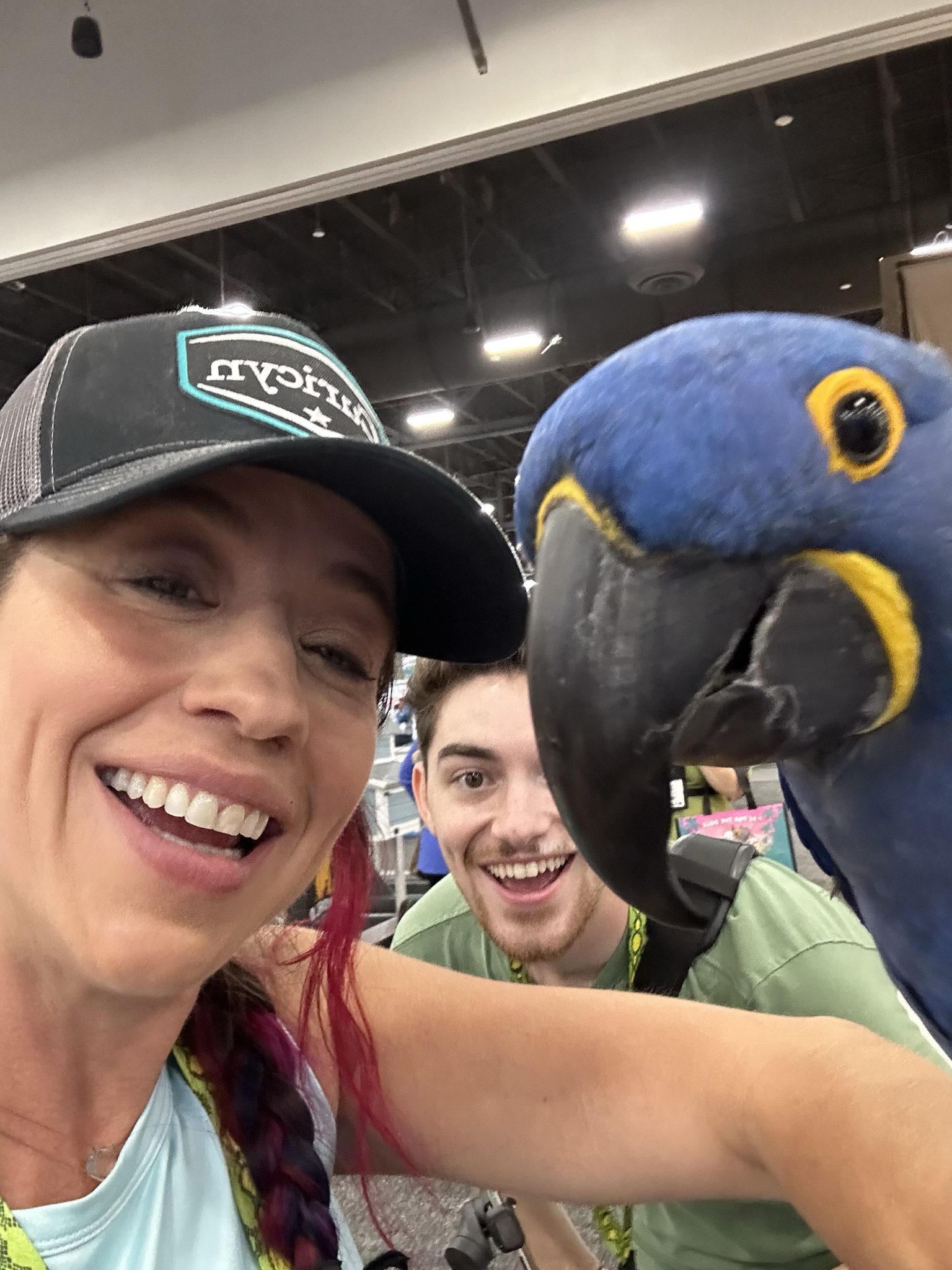New Pet Care Tips from Curicyn – Feathers & Scales
While some people prefer furry friends, there’s something to be said about how amazing bringing an exotic pet into your life can be. From feathers to scales and just about anything in between, all pets need love and care to stay happy and healthy! All of our feathered, scaled, or other exotic friends can experience issues and injuries from time to time. When bringing a new pet into your home, the best way to keep them healthy and happy is to be prepared with some basic essentials on hand in the event of the unexpected, especially with a less traditional pet.
New Bird Pet Care Tips
Birds can make great pets. They’re pretty fun; many sing, and some even talk – how exciting! But they also can experience ailments and issues, and being prepared for your new feathered friend can help them thrive in your home. Read on for some bird pet care tips below.
- The right diet matters. Some birds do best on a diet of seeds, while others need various fruits and veggies, and some need protein from bugs and worms. Depending on which kind of bird you have will guide what the proper diet is for your feathered friend to thrive. Which is right for your new bird? Any reputable breeder or pet store can help, and most major retailers, such as Chewy, allow you to shop by bird type to find exactly what you need.
- Birds need interaction and stimulation, much like a new puppy. They’re highly intelligent and interactive creatures; toys are a great place to start. Ensuring you have the right toys and spend time with your new pet will help keep them healthy and happy. Setting aside some time every day to spend with your bird will also help them get to know you and build your relationship, so give yourself some time together to enjoy.
- Ruffled feathers are definitely a thing and more than just someone being grumpy! Birds of all types and breeds can develop feather issues, from molting to irritations, broken feathers from bumping into things, over-grooming, and more. To keep skin irritation from developing, prevent infection, and help the feathers regrow, Curicyn’s Original Wound & Skin Care Formula is everything that you need in one convenient spray. Safe for all animals, including birds, it goes right to the source, prevents infection, kills bacteria, and isn’t irritating even the most sensitive skin.
- Home, sweet home! Bringing your new bird home means being prepared with a proper cage, plenty of room to move around, and a safe location in the home free from drafts and somewhere near people so your pet can get the stimulation and interaction you need. Tip: when you’re not home, birds often enjoy music playing. Keep it soft – smooth jazz, classical, or something similar. Unless, of course, you’re like Lolita, the Yellow-Naped Amazon parrot who prefers heavy metal over classical (not something we recommend, but to each their own!).

Birds and parrots make great pets and love interacting with humans!
New Reptile and Other Exotic Pet Care Tips
When talking about exotic pets, in addition to birds, often people think of reptiles but it doesn’t stop there. Amphibians and invertebrates include snakes and lizards, turtles, frogs, hermit crabs, and even spiders and scorpions! Like any other pet, proper care is important, and having the right things on hand before your new pet comes home can help set you up for success.
- Habitat selection is a huge consideration. While many of our scaled friends start out small, some animals grow to tremendous sizes, so it’s important to do your research first and then make sure you have the right size habitat for their current life stage and what they will need as they mature. For example, a baby ball python can be as small as 10 inches when you first bring them home, but over the next 3-5 years, they can grow to be over 5 feet long. That’s a big difference and means that as your pet grows, so must your habitat. If you are shopping for habitats, Petco has a large variety of options for all types of exotic pets and great customer service to help you choose what works for you and your new pet.
- Temperature and humidity matters. Any cold-blooded pet relies on the environment to provide their temperature and humidity control, which varies widely from animal to animal. Amphibians need more humidity and access to water that they can submerge themselves in to survive. Reptiles – especially from desert and dry climates – need dryer air and warmer temperatures to thrive, and too much humidity can cause skin and scale issues. Make sure you can control your pet’s environment to keep them happy and healthy. If you have any skin irritations and issues, our Original Wound & Skin Care Formula is also safe to use topically on them.
- Even invertebrates can enjoy bonding with their humans, but it takes care and patience. It’s true that even pets such as tarantulas and hermit crabs have their own personalities, and many of them learn to enjoy being handled. Bear in mind that they are all different, and some types of spiders may be poisonous, so it’s also important to know what kind you have and speak to an expert about how to handle them best. Once you learn the right way, handling your unique pet can be a truly rewarding experience!
Once you’ve done your research and prep work, any new exotic friend with feathers or scales is a great addition to the household. We hope our pet care tips help you and your new pet settle in together at home. We look forward to seeing your photos with your new family member, so please tag us on social at @Curicyn so we can see and share in your adventures, too!
